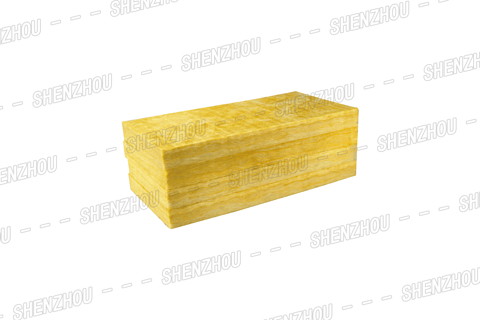
Is the performance of extruded board the same as that of glass wool board?
6/21/20245 min read

Squeezed plastic board and glass wool board, two widely used materials in the field of building insulation, although both bear important functions of insulation, there are significant differences in their performance. This article will provide a detailed comparison and analysis of these two materials from multiple dimensions, so that readers can have a deeper understanding of their similarities and differences.
Categories
Popular
Applications of Glass Wool Board:
Interior Wall Compartments:
Enhances the functionality and aesthetics of interior spaces.
Ceiling Systems:
Provides effective insulation for ceilings, contributing to energy efficiency.
Insulation of Iron Sheet Air Ducts or Bellows:
Ideal for insulating ductwork, ensuring thermal efficiency.
Sound Absorption and Noise Reduction:
Reduces noise levels in machine rooms, creating a quieter working environment.
Exterior Wall Insulation:
Offers insulation for residential building exteriors, contributing to energy savings.
Glass Wool Insulation





Firstly, in terms of thermal insulation performance, both extruded polystyrene board and glass wool board have good insulation effects. Extruded board is widely used in the field of thermal insulation because of its high closed cell rate, low thermal conductivity and good anti-aging performance. Glass wool board, on the other hand, plays an important role in the insulation of exterior walls, roofs, and other parts of buildings due to its excellent insulation performance and low thermal conductivity. However, in practical applications, due to the relatively low density and thermal conductivity of extruded boards, their insulation performance is slightly better than that of glass wool boards under the same conditions.
Secondly, in terms of compressive performance, the advantages of extruded panels are more obvious. Due to its special production process and high density, extruded panels have high compressive strength and good impact resistance, which can withstand large external forces without being easily damaged. In contrast, glass wool board has weaker compressive performance and is prone to deformation due to external pressure. Therefore, in situations where it needs to withstand greater pressure, extruded board is a more suitable choice.
In addition, in terms of waterproof performance, extruded panels also perform excellently. Due to its compact structure and high porosity, extruded panels can effectively prevent water infiltration and maintain their good insulation performance. Although glass wool board also has certain waterproof performance, its insulation performance may be affected in long-term humid environments. Therefore, in environments with high humidity, extruded boards are more suitable.
In terms of sound insulation performance, glass wool board has significant advantages. Due to its porous internal structure, glass wool panels can effectively absorb and reduce the propagation of sound waves, creating a quiet and comfortable indoor environment. Although extruded panels also have a certain sound insulation effect, their effect is relatively weak. Therefore, in situations where good sound insulation is required, glass wool board is a better choice.
In addition, from the perspective of environmental performance, both materials meet the requirements of modern architecture for environmental protection. The extruded board is produced using environmentally friendly raw materials, which do not produce harmful substances and will not cause environmental pollution during use. Glass wool boards are also made of environmentally friendly materials, which are easy to recycle and dispose of after disposal, and will not have a long-term impact on the environment.
In summary, extruded polystyrene board and glass wool board have their own advantages and disadvantages in terms of insulation, compression resistance, waterproofing, and sound insulation. When choosing to use, comprehensive consideration should be given to specific application scenarios and needs. In situations where high insulation and compressive performance are required, such as underfloor heating, basements, etc., extruded plastic panels are a more suitable choice; In situations that require good sound insulation and certain insulation performance, such as office buildings, residential buildings, etc., glass wool boards have more advantages. Meanwhile, regardless of which material is chosen, it should be ensured that it complies with relevant environmental standards and requirements to achieve the goal of sustainable development.

Why Choose SHENZHOU Glass Wool Board?
SHENZHOU® Glass Wool Board not only meets the essential requirements of thermal insulation but also excels in sound absorption and noise reduction. Its adaptability to various settings, coupled with the convenience of construction and installation, positions it as a leading choice for architects, builders, and contractors.
In conclusion, the broad application prospects of SHENZHOU® Glass Wool Board make it a comprehensive solution for enhancing comfort, energy efficiency, and acoustic performance across diverse projects. Choose SHENZHOU® for insulation solutions that go beyond expectations.










About Us
Click the button below to get more information about us
Newsletter
Click to subscribe for more information
Follow Us
Contact Us
Address
Dacheng town, Langfang City, Hebei province, China
Phone
+86 185 03165 626


